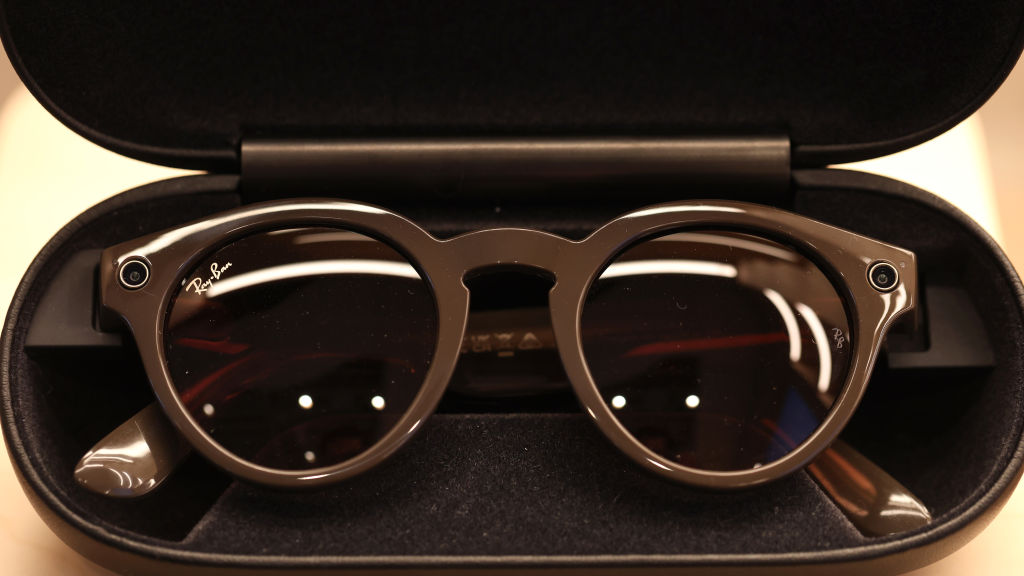
There’ll be an AI assistant in Meta’s latest generation of Ray-Ban glasses, which will unlock several unimaginable possibilities. Driven by AI, the glasses will be capable of processing audio and video prompts and reproducing text or audio outputs. It's worth noting that the feature is still in the beta phase, and Meta will soon open an early access trial.
Mark Zuckerberg posted a reel on Instagram to demonstrate the new update. He asked his glasses to suggest a pair of pants that would pair up with a shirt of his choice, which it did efficiently. He also showcased how the new feature can be used to translate texts.
The “Look and Ask” feature allows users to capture a photo and ask questions about it within 15 seconds. Similarly, users can say “Hey Meta, look and…” and ask any questions they might have. For instance, it will make translating foreign texts a whole lot easier, making traveling and menu translations seamless.
Experts concerned about privacy loopholes
Although these developments might sound exciting to a technology enthusiast, experts have warned of significant privacy concerns. As per Meta’s privacy policy, every photo you take with these glasses is stored and retained with Meta to train and improve its AI products.
As experts have explained from time to time, AI models work similarly to the human brain. Like our brains, AI also needs a huge chunk of data to improve and evolve.
According to information-sharing documentation, Meta collects 'essential' data and 'additional' data. Essential data, such as battery status, Wi-Fi connectivity, OS version, and crash errors, is collected to ensure that the glasses are working as expected. Now, all of this data is compulsorily collected and you, as a user, have no say in it - and given Meta's tainted past with privacy matters, this isn't exactly comforting for the public.
Additional data, on the other hand, is collected to develop and improve new features. Examples of additional data include usage analytics and geolocation information, among others. The difference here is that users can choose not to share this data, but those who enable geotagging or share media files with the company may unknowingly provide access to sensitive data.
There’s one particular clause that has raised questions – "Data used to respond proactively or reactively to any potential abuse or policy violations." Heather Shoemaker, CEO and founder at Language I/O, questions the exact nature of data that Meta is collecting to determine policy abuse or violation.
She believes that collecting "other data in order to protect you," is a very ambiguous statement and there’s enough room to play around with words and bend provisions to collect data that otherwise shouldn’t be collected.
How the first instalment of Meta's Ray-Ban tanked
Meta had installed several safety features in its first version of the Ray-Ban smart glasses, including a flashing light when the camera is in use, a switch for the camera, and more.
Despite that, the sales were not as expected – 20% less than the target. And even those that were ultimately purchased were not used as much as Meta would have liked, with only 10% of glasses being active after 18 months since the first launch.
Needless to say, Meta is desperate to turn these stats around with its new AI features. However, privacy concerns loom large and it remains to be seen whether the tech giant will be able to instil enough confidence in the users.







